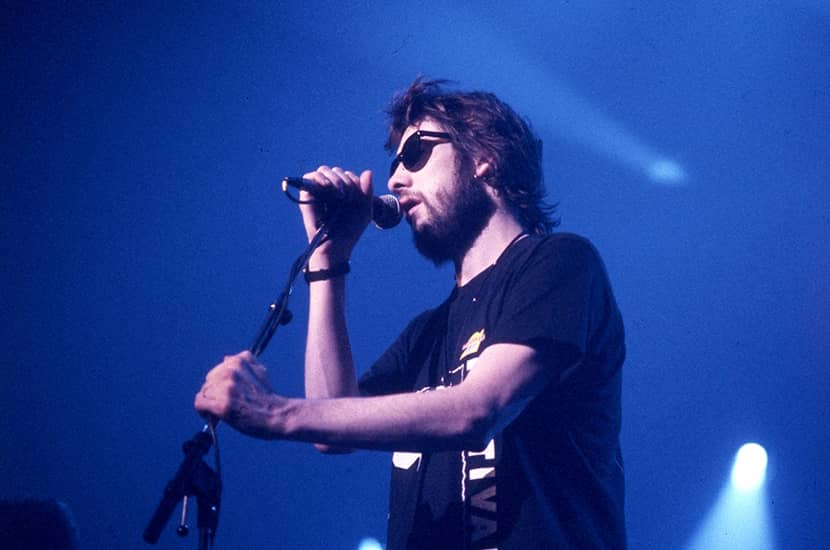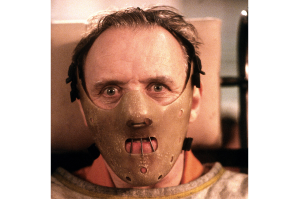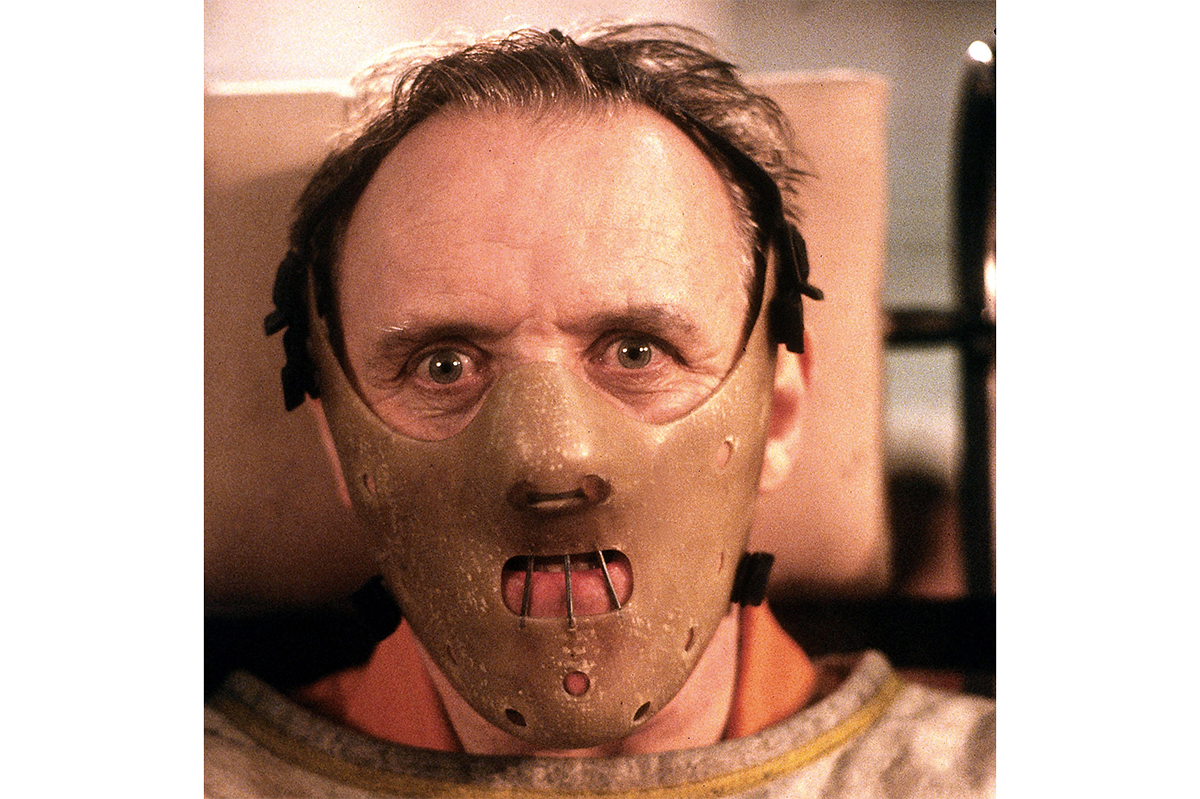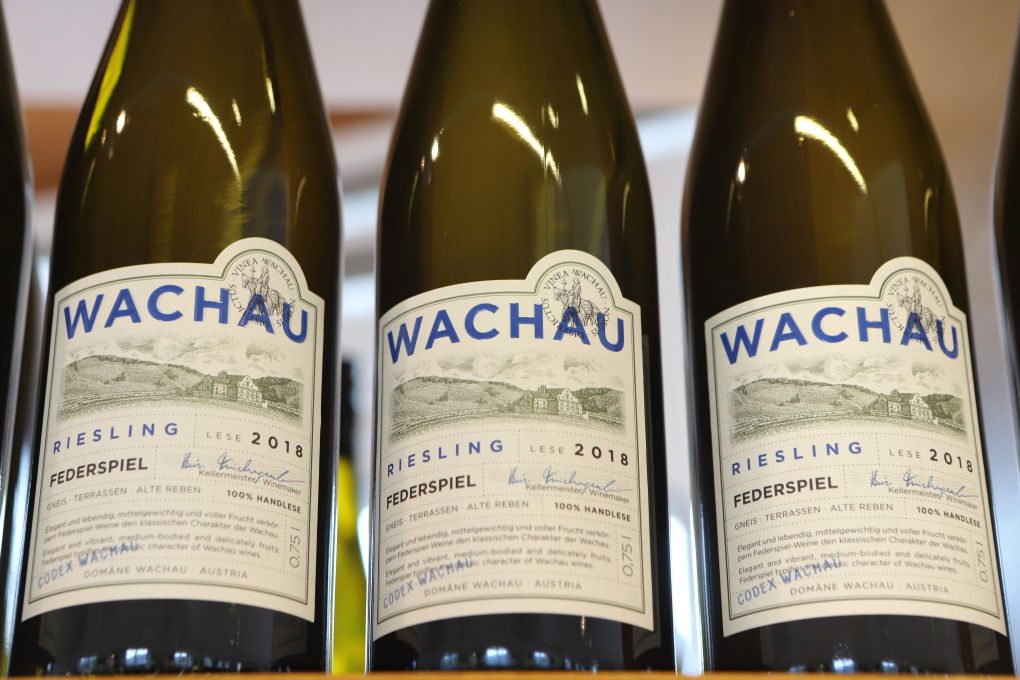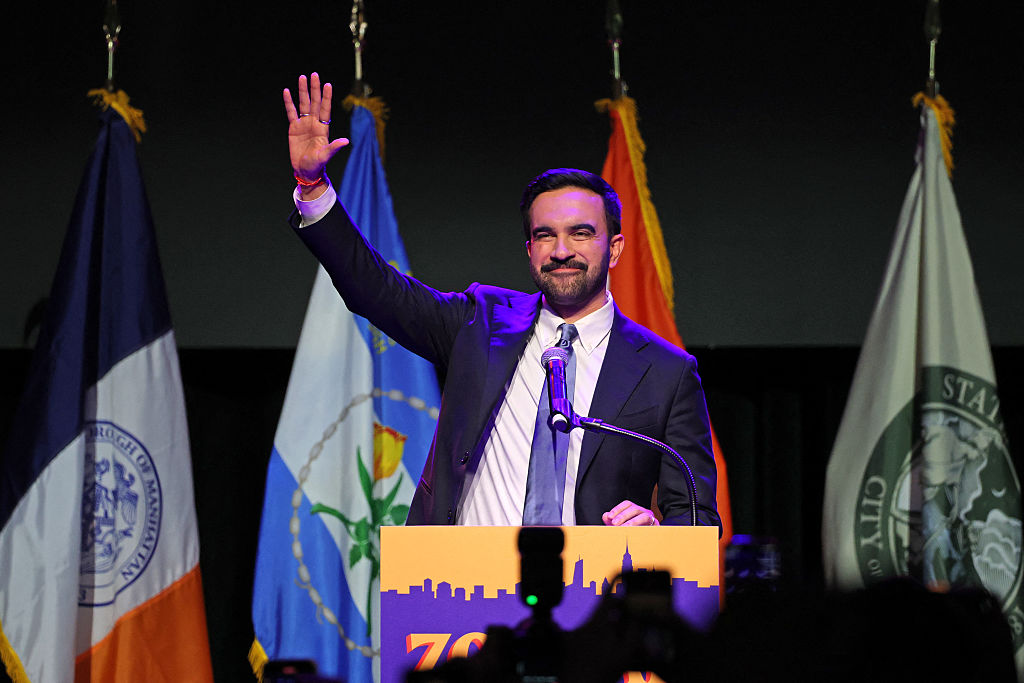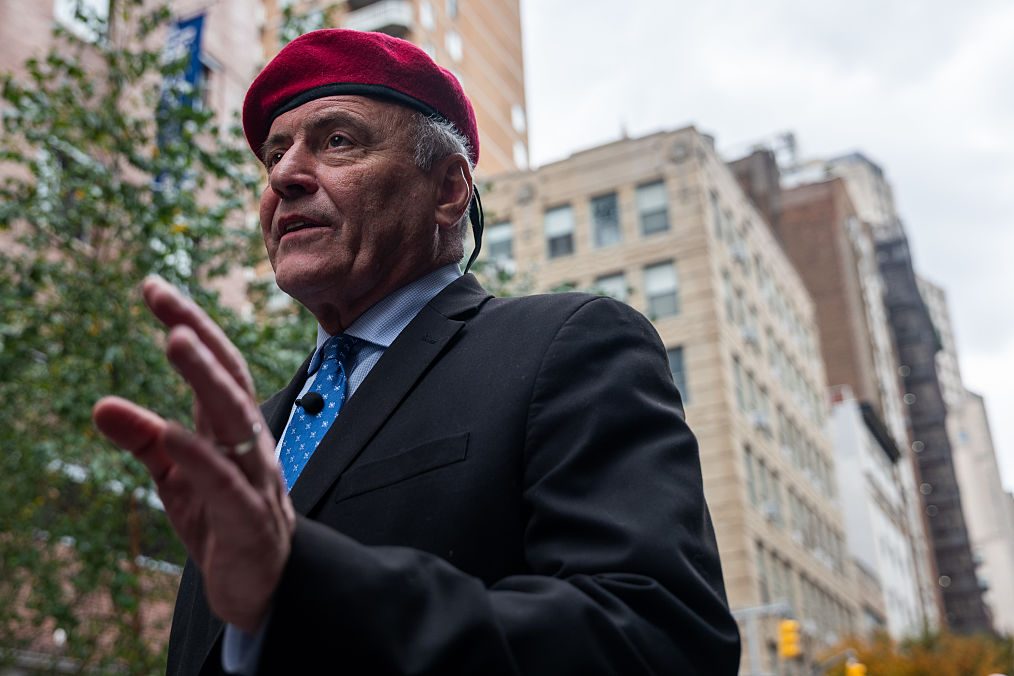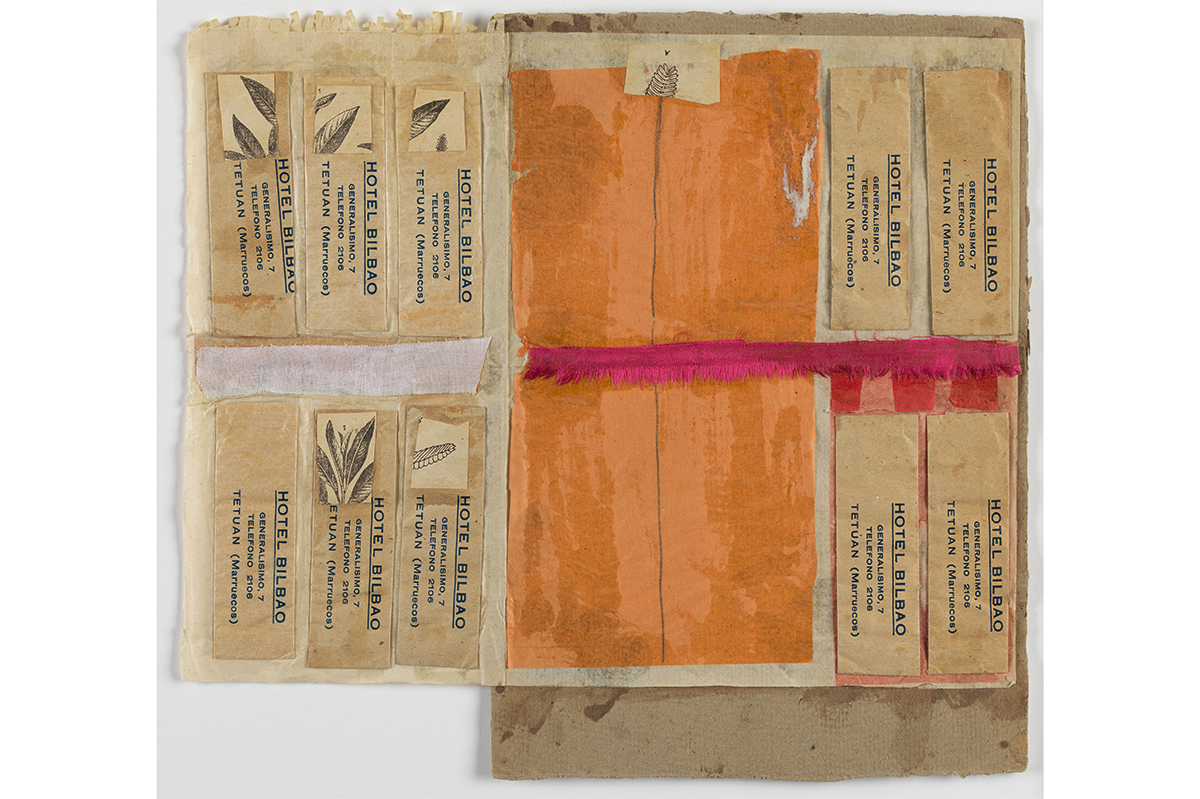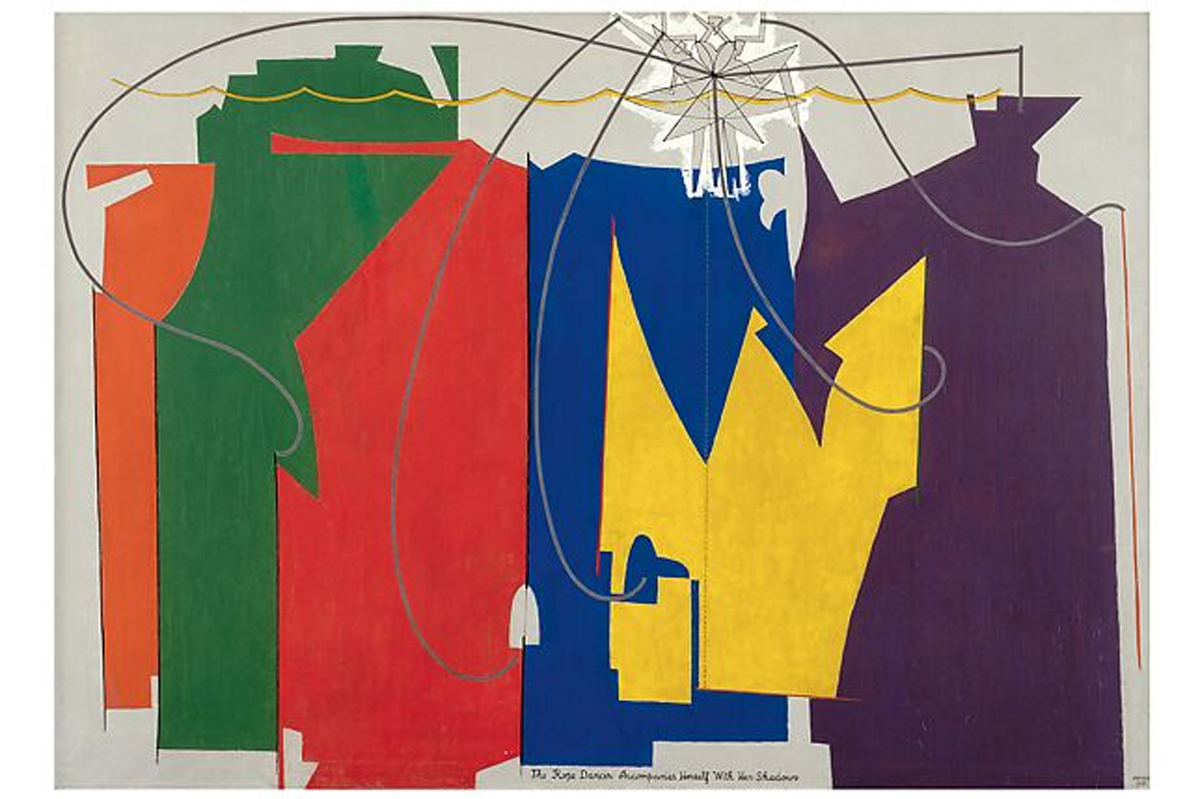I once stood on a Dublin street with Shane MacGowan and watched little old ladies who can’t ever have been Pogues fans blessing him as they passed by: “God love you, Shane!” On his sixtieth birthday, in 2017, Michael D. Higgins, the president, presented him with a lifetime achievement award, while Nick Cave, Bono, Johnny Depp, Sinead O’Connor and Gerry Adams applauded. He is, if not Ireland’s national treasure, then certainly its prodigal son.
Yet he was not even born in Ireland. He likes to make out that he grew up as a barefoot urchin on his grandparents’ farm, The Commons, in Tipperary, but in fact he was raised in Tunbridge Wells, in a big, detached house. His parents, Maurice and Therese, were Irish, but they moved to England before he was born. He went to a fee-paying school, Holmewood House, for seven years, where he was ‘brilliant’ at English and won a scholarship to Westminster, one of Britain’s most historic private schools. He didn’t have a hint of an Irish accent in those days.
But he spent all his holidays in Tipperary, and dreamed of it as his land of lost content. It became even more precious when his family moved to the Barbican in London, where the constant building noise drove his mother into deep depression. And he hated Westminster, because he was mocked for his crumbling teeth and sticking-out ears. He retreated into drugs; when he was fifteen he was arrested for possession of speed, grass and acid. By seventeen, he was addicted to Valium and sent to Bethlem psychiatric hospital for six months. He spent his eighteenth birthday there.
Soon after being discharged he saw the Sex Pistols — “the pop band I’d been waiting for all my life.” He loved punk’s energy, its rawness, its anger. His sister Siobhan says the family were all delighted. “Punk was a good thing for Shane; it had a lot of positive energy and he could do something, he belonged to something.” Also, as Shane noticed, it increased his pulling power:
“I always found it hard to pick up girls at discos cos I was so ugly, but the punk thing fuckin’ changed my life. It didn’t matter that I was ugly… nothing mattered. It was good.”
So he went to all the punk gigs and suddenly he was famous when the NME ran a photo of him covered with blood under the headline “Cannibalism at Clash Gig” — apparently a girl had bitten off his earlobe. After that he was recognized everywhere and acquired the nickname Shane O’Hooligan. He produced his own handwritten fanzine, Bondage, and A&R men consulted him when they were looking to sign punk bands. He advised Polydor to sign the Jam, and Paul Weller was so grateful he bought Shane’s Union Flag shirt for £500.
In 1977, an art student called Shanne Bradley asked if he would like to audition for her band the Nipple Erectors, and he said: “Oh that’s my dream.” He charged into her bedsit and “started rolling around on the carpet doing a really good Iggy impersonation. He proper screamed and everything and I just went, Yeah, you’re it, you’re the frontman. Perfect.” They made their debut at the Roxy in September 1977 and went down well with the crowd. For a moment they planned to marry, and Shane actually went to Finsbury town hall to apply for a license, but then they drifted apart.
He found other girlfriends, other bands. Punk was fading by the 1980s, but then Dexy’s Midnight Runners had a hit with “Come on Eileen” and Irish bands were all the rage. Shane formed Pogue Mahone (meaning “kiss my arse”), which had a regular gig at the Pindar of Wakefield pub in King’s Cross, and was soon signed by Stiff Records, though the name had to be changed to the Pogues. They had a string of minor hits — “Dark Streets of London,” “A Pair of Brown Eyes,” “Dirty Old Town” — and were soon invited on their first US tour. Shane had never even been on a plane, and was thrilled by America: “They’ve got cars big as bars!” That initial excitement fed into his immortal 1987 hit “Fairytale of New York.”
Back home he met the love of his life, Victoria Clarke, a beautiful girl from the Gaeltacht (whom he finally married in 2018). But they spent little time together. Frank Murray, the Pogues’ manager, was a slave-driver who kept the band endlessly touring — more than 200 gigs in one year — till Shane was driven berserk. He often forgot lyrics or even sang the wrong song, and in New Zealand he painted himself and his hotel room blue because “the Maoris were talking to me.”
Although his drinking was well known and enthusiastically accepted by his fans, he was increasingly addicted to hard drugs, including, eventually, heroin. He was desperate to leave the Pogues but, always afraid of confrontation, he waited for them to sack him. They finally did, on tour in Japan, and his only reaction was: “What took you so long?” Bono lent him and Victoria his Martello tower at Bray and then they moved to a modest flat in Dublin.
He was still writing songs and formed his own group, Shane MacGowan and the Popes (“no democracy — it’s a dictatorship”) which had some success, though never as much as the Pogues. But inevitably his drinking was taking its toll. And then in the summer of 2015 he had a bad fall which left him unable to walk. He has been in a wheelchair ever since.
Nowadays he needs carers to get him in and out of bed and he spends all day watching telly and drinking. But even if he never writes another song — and he probably won’t — he has left an unforgettable legacy. This biography is based on interviews with dozens of people who knew him well at various stages of his life and — like Shane himself — comes over as a bit chaotic but essentially good-hearted.
This article was originally published in The Spectator’s UK magazine. Subscribe to the World edition here.



